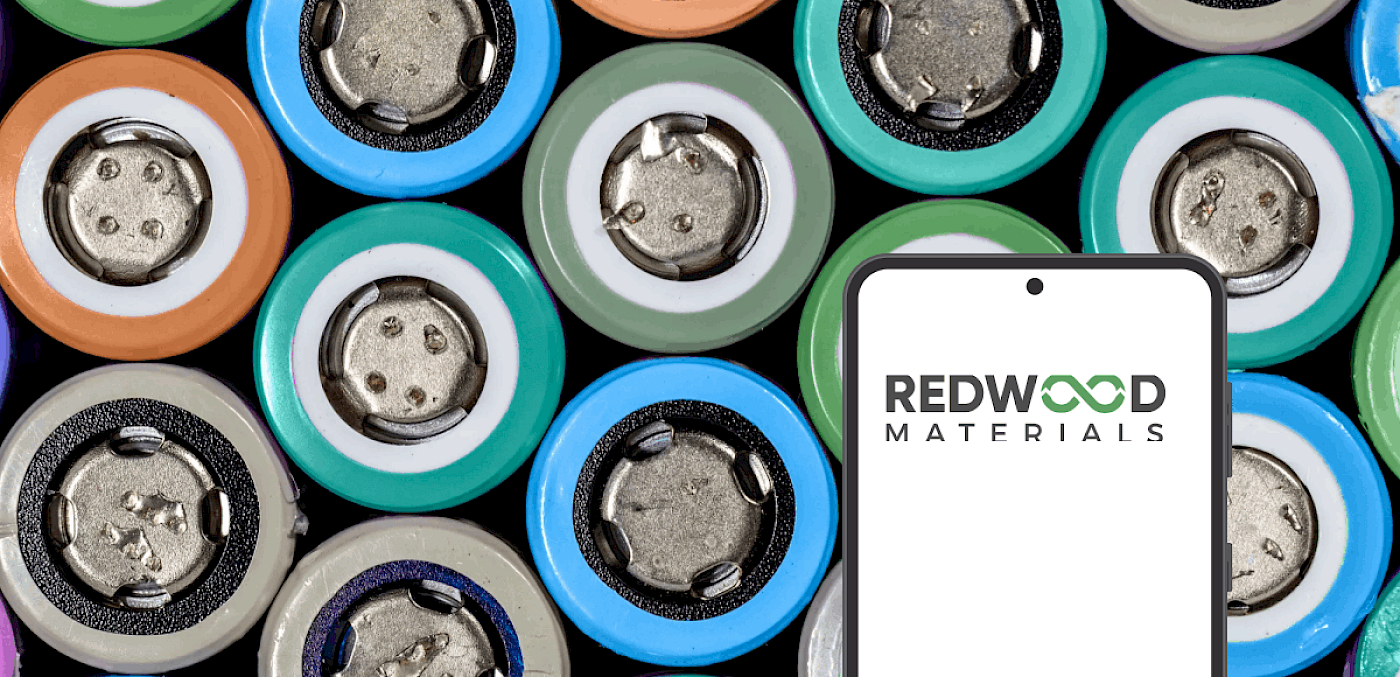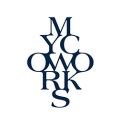As businesses, Redwood Materials, MycoWorks, and TemperPack couldn’t be more different.
Redwood Materials recycles lithium-ion batteries used in electric vehicles, MycoWorks has mastered the ability to turn reishi mushrooms into leather-like materials, and TemperPack produces thermal packaging for transporting goods made mostly from corn starch instead of plastic.
But all three startups share one important characteristic: they are among the dozens of private companies that have developed sustainable or eco-friendly alternatives to traditional products. As venture capitalists increasingly seek opportunities to make “green’’ investments in both private and public markets, companies like this fit the bill.
Redwood Materials
Carson City, Nevada-based Redwood Materials is one of a growing number of recycling companies working to provide an alternative to the landfill for lithium-ion batteries used in electronics and EVs. Founded by J.B. Straubel, who was the chief technology officer and a co-founder of electric automaker Tesla, Redwood has built a recycling plant in Reno, Nevada that is expected to produce material for one million lithium-ion EV batteries by 2025, ramping up to five million by 2030.
And last month, the company announced that it will build a new battery materials and recycling facility on a 600-acre campus near Charleston, South Carolina that will eventually employ 1,500 people and make enough cathode and anode components to supply an additional one million EVs annually.
Redwood has a valuation of slightly more than $4 billion and has attracted a varied selection of financial backers including Amazon, Emerson Collective, Fidelity, Franklin Templeton, Goldman Sachs and T. Rowe Price.
MycoWorks
While Redwood was founded by a technologist, Emeryville, Calif.-based MycoWorks was founded in 2013 by a sculptor Phil Ross and a dancer Sophia Wang. The company, which has a valuation of almost $520 million, has patented a process for turning mycelium, the root fibers of a reishi mushroom, into materials with the look and feel of leather.
A recent profile of the company in the New York Times mentioned that MycoWorks has secured collaborations with high-end companies like Hermès and, most recently, the furniture maker Ligne Roset and GM Ventures, the investment arm of General Motors.
“If it continues to scale up, MycoWorks has enormous potential: The leather goods market exceeded $400 billion in 2021 and is expected to surpass $720 billion by 2030,” the Times wrote. “Then there’s the global market for synthetic leather materials, which is expected to reach almost $67 billion by 2030.”
In September, MycoWorks received an additional $63 million in Series C funding. Since its founding, the company has attracted a wide variety of investors including Valor Equity Partners and entertainers such as John Legend and Natalie Portman.
TemperPack
Then there’s Richmond, Virginia-based TemperPack, which has emerged as a leading manufacturer of sustainable thermal insulation for temperature-sensitive or “cold chain” shipments of perishable food and pharmaceuticals. The company’s insulation is made mostly from corn starch rather than traditional plastics and yet is capable of maintaining the desired temperature inside a shipment.
With a valuation of $636 million, TemperPack has financial backers including Goldman Sachs Asset Management, Harbert Growth Partners, Tao Capital Partners, and SJF Ventures.







